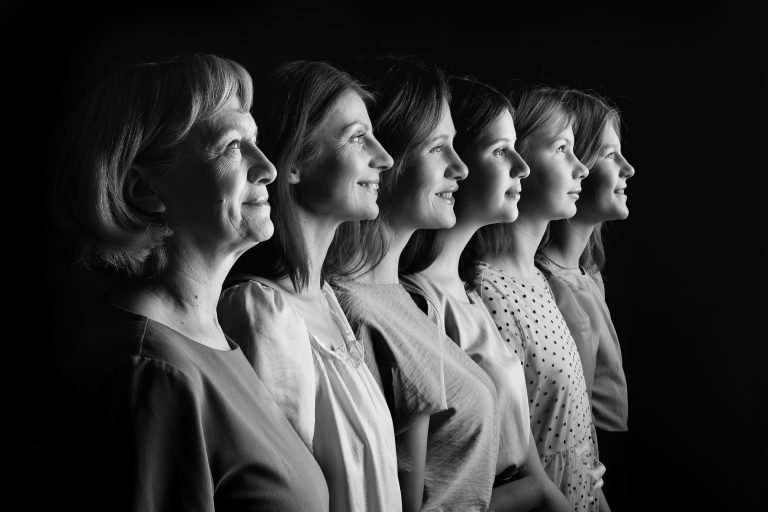A new study by Scottish Widows has uncovered a worrying gap between the retirement expectations and financial realities faced by young women in their twenties. According to the report, 23% of women aged 22-29 would be frustrated if they were unable to retire by the age of 60. However, the study highlights that many of these women are not taking adequate steps to secure their financial futures.
Despite the concern about retirement, 35% of women in this age group do not know how much they need to save for a comfortable retirement. Nearly two-thirds (62%) are worried about potentially running out of money in their later years. This uncertainty is compounded by the fact that 10% of these women have opted out of their employer’s pension scheme, choosing to invest their savings elsewhere instead.
Missed Opportunities and Gender Gaps
Scottish Widows’ research shows that men are more proactive about their pensions compared to women. While 19% of men begin contributing to their pensions by age 22, only 14% of women do the same. This early start can significantly affect retirement outcomes, highlighting a missed opportunity for many young women.
Among those who have opted out of their workplace pensions, 29% cited affordability issues as the main reason, while 14% preferred to use their money for immediate needs. The study also reveals that women generally contribute less to employer pension schemes than men at almost every stage of their lives. This disparity becomes more pronounced with age, with the gender pension gap widening from 10% at age 25 to 50% by age 50.
The Importance of Early Action
Jackie Leiper, Managing Director at Scottish Widows, stressed the importance of early pension contributions. “Our research highlights a significant disconnect between women’s retirement expectations and their actions. Opting out of a workplace pension means missing out on compound interest and employer contributions—essentially a pay cut,” she said.
Leiper emphasised that women who start contributing to their pensions earlier can benefit greatly from compound gains. For example, a woman starting at age 20 and contributing £278 a month could amass a retirement pot of £250,000 by the end of her career. In contrast, starting contributions at age 50 would require monthly payments of £1,107 to achieve the same amount, demonstrating a stark difference in the total contributions and the effect of compound growth.
Calls for Policy Changes and Increased Awareness
Leiper called for urgent action to address the gender pension gap, which includes better education on pension management and policy changes to support women in their financial planning. Ellie Austin-Williams, a financial advocate, echoed these sentiments, noting that the cost of living crisis has made it increasingly difficult for young women to prioritise pension savings.
“It’s crucial for young women to start investing in their pensions early, especially with the benefits of a workplace pension,” Austin-Williams said. “Raising awareness about the importance of regular pension contributions and the impact of compounding can help bridge the gender pension gap and secure better financial futures.”
For more information on how to start saving for retirement, visit Scottish Widows.

